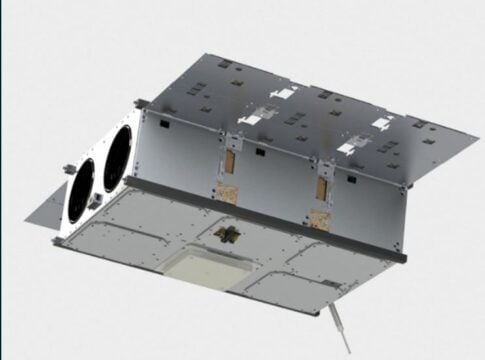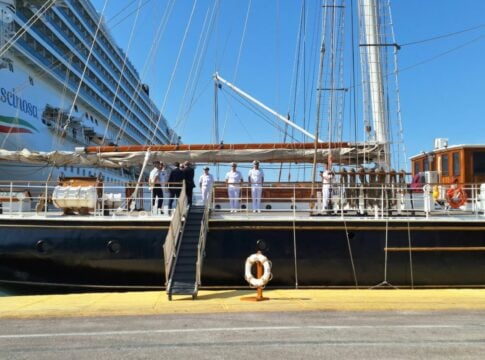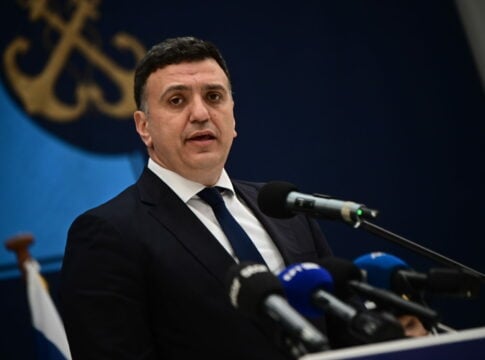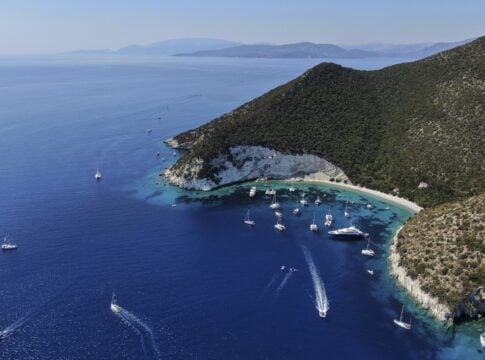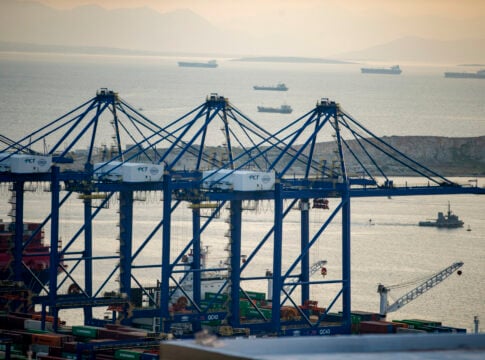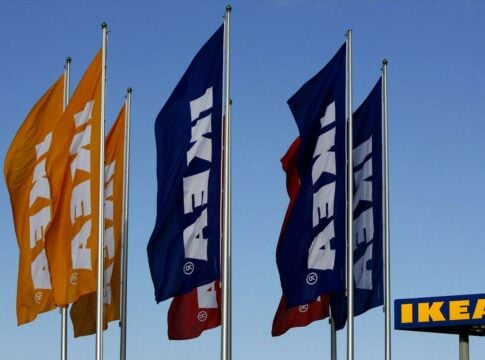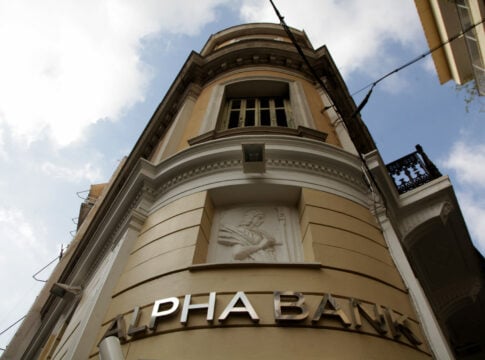The Alpha Bank research department focuses on the difficult equation of Europe’s new common defense architecture in relation to the budget, economic growth and innovation of its member states.
According to analysts, Europe is at a critical crossroads, since on the one hand it needs to rapidly increase its military spending and on the other hand not only to address fiscal difficulties, especially in countries with high levels of public debt, but also to make defense spending beneficial to economic growth and innovation. The equation is difficult.
As analysts emphasized, in the short term, the additional increase in defense spending by 1.5% of European GDP per year (in addition to 1.9% in 2024) is estimated to give a boost to the anemic growth of the European economy, especially if this goal is achieved in a coordinated manner and with the participation of all interested public and private entities.
In addition, the investments expected to be made in cutting-edge innovation and dual-use technologies (technologies that can be applied in the defense industry as well as in the private sector) are expected to cover part of the innovation gap mentioned in the Letta and Draghi reports.
Regarding Greece, analysts pointed out that the correlation between defense spending and economic growth is rather unclear, given the structure of the Greek economy, which is not based on heavy industry, but mainly on services and tourism. Since the founding of NATO in 1949, Greece’s defense spending, as a percentage of GDP, has fluctuated at a relatively high level due to its particular geostrategic position.
During critical historical periods, this percentage increased significantly. Compared to other NATO member countries, the percentage of defense spending in terms of GDP in our country is one of the highest and, in 2024, it stood at 3.08% from 2.22% in 2014, the 5th highest among all NATO member states. In Greece, it is observed that 55.9% of its defense spending related to operating costs (salary of military and civilian personnel, pensions, etc.), 36.1% were expenditures on armament programs, including those for Research & Development (R&D), 7.7% related to maintenance costs and other operating costs, while 0.3% were expenditures for the construction of military infrastructure.





